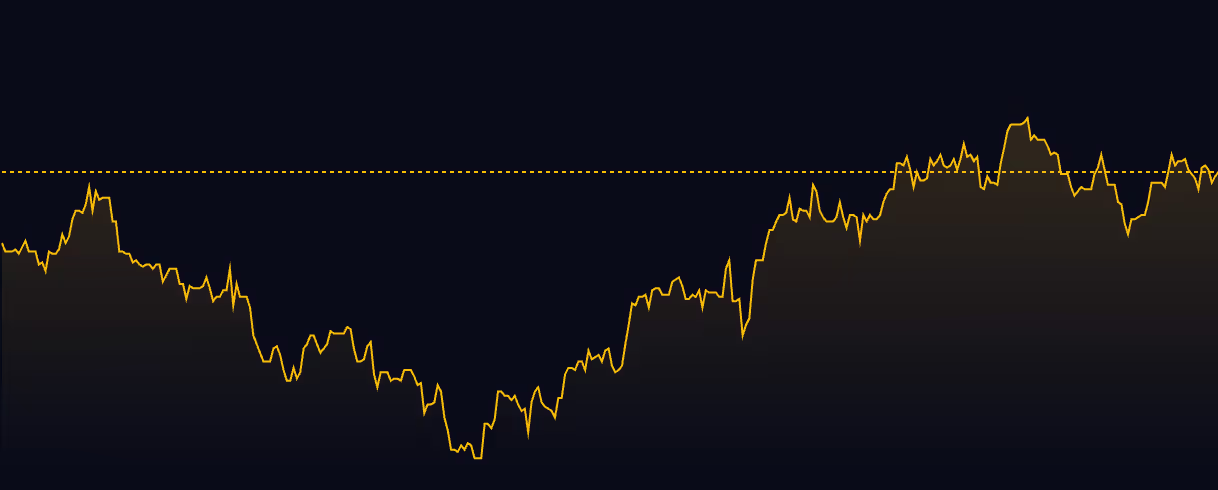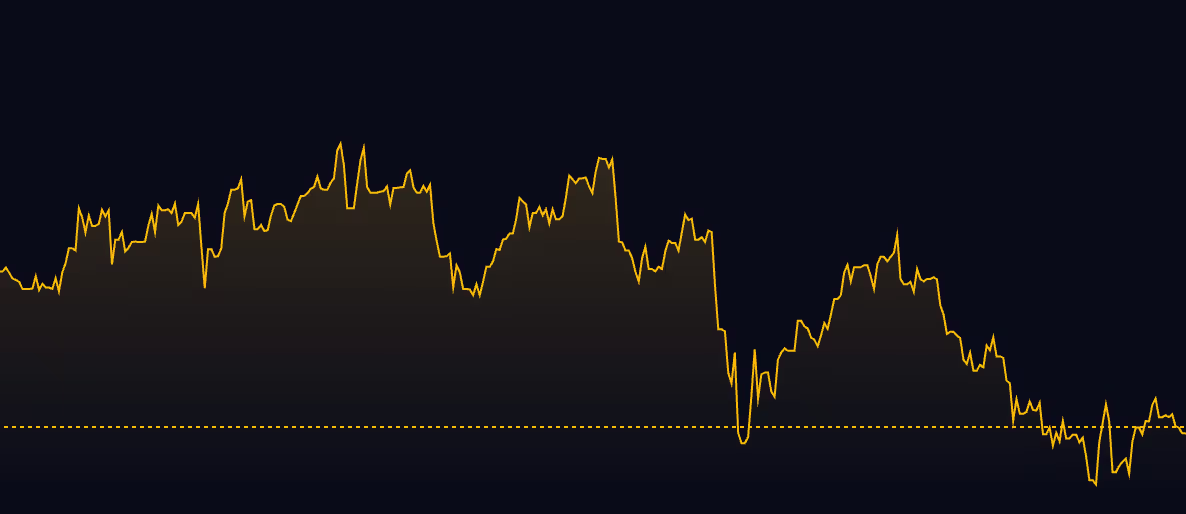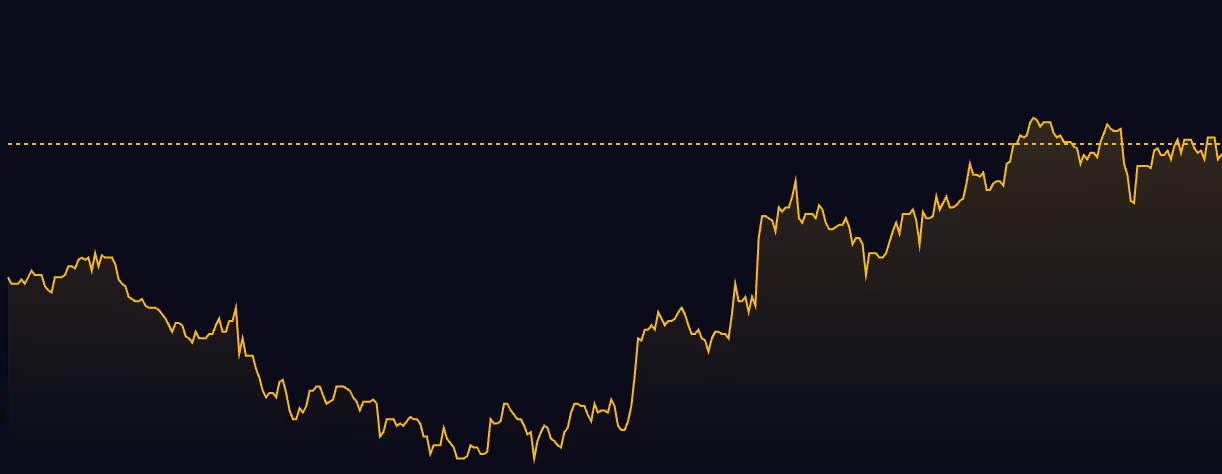When is the next BoE interest rate decision?
The next Bank of England (BoE) interest rate decision is due on Thursday, November 6, 2025, at 12:00 UTC.
The Bank of England (BoE) announces its interest rate decisions at the conclusion of its eight scheduled Monetary Policy Committee (MPC) meetings each year. These decisions will determine wether the central bank will raise, lower, or leave the current Bank Rate unchanged.
What is the current Bank of England interest rate?
The Bank of England's current main interest rate (Bank Rate) is 4.00%. This rate has been in place since August 7, 2025, following a 25 basis point reduction from 4.25% - the lowest level since March 2023.
This decision marks the fifth rate cut over the past 12 months and was reached after an unusual, tight 5–4 vote that required two rounds of voting - the first time in MPC history that a re-vote was necessary.
What date is the next Bank of England interest rate meeting?
The next Bank of England interest rate meeting and decision is due on Thursday, November 6th.
See below for the all the BoE's scheduled MPC meetings in 2025:
- Thursday, 6 February 2025
- Thursday, 20 March 2025
- Thursday, 8 May 2025
- Thursday, 19 June 2025
- Thursday, 7 August 2025
- Thursday, 18 September 2025
- Thursday, 6 November 2025
- Thursday, 18 December 2025
Each meeting concludes with an announcement at 12:00 (noon) UK time, detailing the MPC's decisions on interest rates and providing insights into the UK's monetary policy. These dates are confirmed by the Bank of England.
What time is the interest rate decision?
The Bank of England announces its interest rate decisions at 12:00 (noon) UK time.
For the upcoming November 6, 2025 meeting, the decision will also be announced at 12:00 UTC.
What is the next interest rate prediction for the Bank of England?
- Markets now expect a slow and cautious easing path, with rate swap pricing suggesting roughly 86 basis points in total cuts by the end of 2026—reflecting growing uncertainty amid persistent inflationary pressures.
- Deutsche Bank forecasts that the Bank Rate could fall as far as 3.25% by early 2026, marking one of the slowest post-war easing cycles in UK history.
- Governor Andrew Bailey has previously mentioned expectations of four cuts in the coming year, which would gradually bring the rate toward 3.5% by 2026, supported by forecasts from the OECD.
What is the Bank of England rate decision for 2025?
The Bank of England announced its fifth interest rate decision for 2025 on August 7th. Currently, the Bank Rate stands at 4.00%, after the Monetary Policy Committee (MPC) decided to reduce the current rate.
Key Bank Rate changes in 2025
- February 6 – Reduced from 4.75% to 4.50%
- March 20 – Held steady at 4.50%
- May 8 – Cut by 0.25 ppt to 4.25%
- June 19 – Held at 4.25% (MPC voted 6–3 to hold—three members wanting a further cut)
- August 7 – Cut to 4.00% (following a narrow 5–4 MPC vote)
Current rate & outlook
- The current Bank Rate is 4.00%, the lowest level since March 2023.
- Market expectations have shifted. Investors now anticipate a more muted easing trajectory, with forecasts pointing to a total of 86 basis points in cuts through the end of 2026.
- Diverging views persist within the MPC. Some policymakers emphasise the need for additional monetary support amid slowing employment and economic growth, while others remain concerned about stubbornly elevated inflation levels.
How often does the Bank of England review interest rates?
The BoE reviews interest rates eight times a year, approximately every six weeks. These reviews are conducted by the Monetary Policy Committee (MPC), which consists of nine members, including the BoE Governor. Each MPC meeting concludes with an announcement on Thursday at 12:00PM (noon).
However, The BoE can also hold emergency meetings to adjust GBP interest rates outside the normal schedule in response to unexpected economic shocks, such as the COVID-19 pandemic in 2020.
Historical interest rates: The BoE's Bank Rate history
See below for historical interest rate data, showing how the BoE's official Bank Rate has changed over time.
What is the next Bank of England interest rate decision?
The Bank of England’s next interest rate announcement is set for Thursday, September 18, 2025, at 12:00 UTC. At this meeting, the Monetary Policy Committee (MPC) will decide whether to maintain, increase, or reduce the current Bank Rate of 4.00%.
What is the prediction for UK interest rates?
Updated rate outlook
1. Post-cut outlook
- Following the rate cut to 4.00%, the Monetary Policy Committee (MPC) reaffirmed its "gradual and careful" strategy for easing rates, but highlighted that persistent inflationary pressures may temper the pace of cuts.
2. Market projections
- Markets now anticipate a more prolonged easing cycle, pricing in a cumulative 86 basis points in rate cuts by the end of 2026.
3. Analyst forecasts
- Economists, polling before the cut, expected two additional quarter-point cuts in 2025, potentially bringing the Bank Rate to 3.75% by year-end.
- However, heightened uncertainty due to inflation and a divided MPC suggests further cuts may not occur until early 2026.
What is the next interest rate announcement?
The next interest rate announcement from the BoE (Bank of England) is scheduled for Thursday, September 18, 2025, at 11:00 UTC. This is when the Bank's Monetary Policy Committee (MPC) will reveal its decision on whether to hold, raise, or cut the current 4.00% Bank Rate.
Read more about the Monetary Policy Committee's interest rate decisions here - When is the next MPC meeting?




















